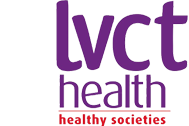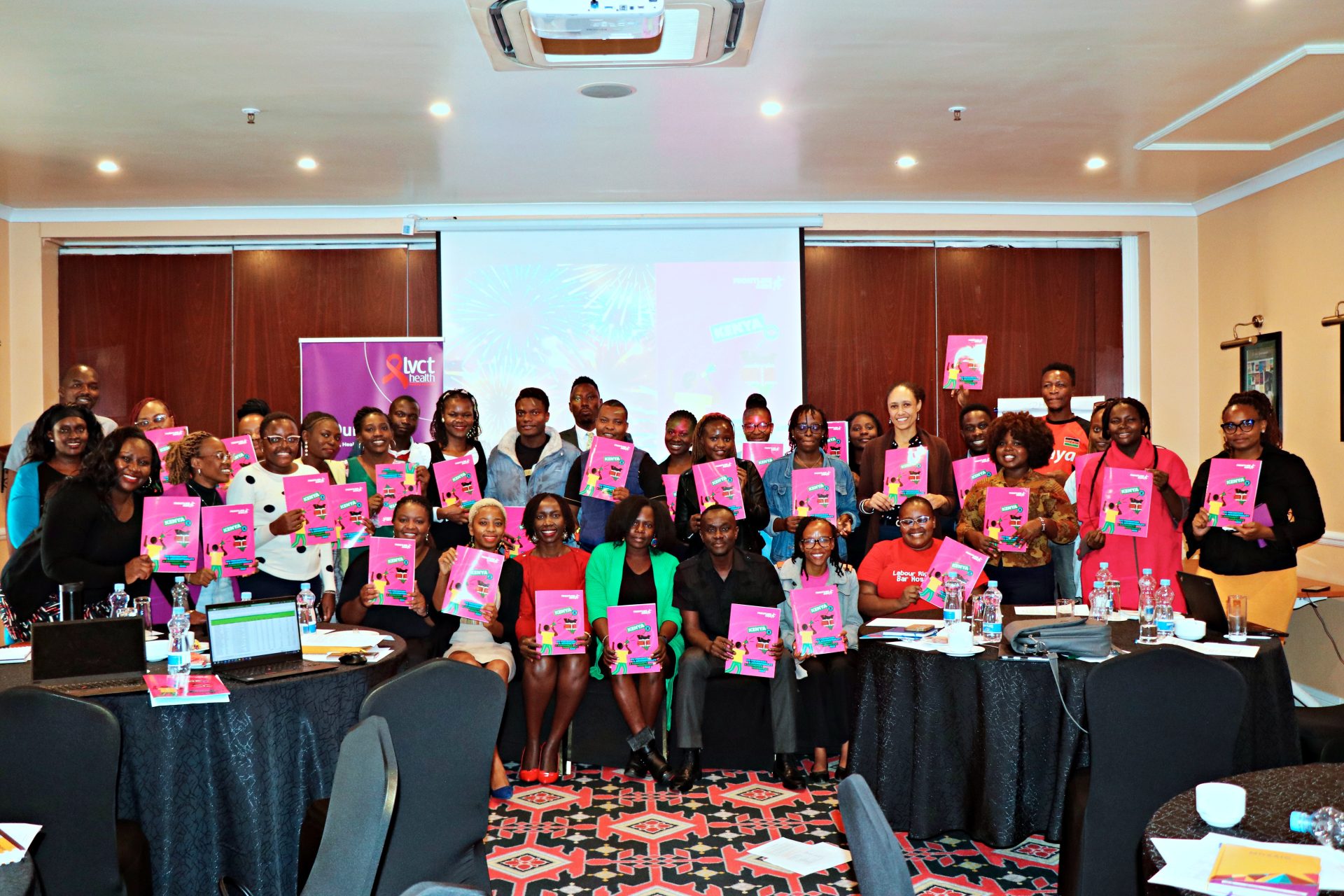
Nairobi, Kenya: Tuesday, 30 January 2024, marked a significant footprint in realizing Kenya’s journey towards enhancing stakeholders’ transparency, accountability, and constructive engagement in HIV prevention efforts.
Kenya recently unveiled its National HIV Prevention Acceleration Plan, which sets the course for the country’s HIV trajectory for the next seven years. The plan marks a pivotal milestone, especially considering Kenya’s formidable challenges in its HIV prevention efforts. Notably, the escalating anti-rights movement has introduced harmful rhetoric, impeding open discussions on crucial HIV prevention issues among key populations and threatening progress made in the delivery of comprehensive sexuality education (CSE) and sexual and reproductive health (SRH) services to young people.
Despite the tremendous progress towards ending the epidemic as a public health threat, Kenya’s continued dependence on donor funding raises concerns about the long-term sustainability of the current HIV response. The significance of this plan extends beyond strategy, touching on the broader socio-political concerns impacting Kenya’s response to HIV.

Speaking during the launch, Patriciah Jeckoniah, Program Manager, LVCT Health, called for concerted efforts among stakeholders to address inequalities, remove structural barriers, and ensure the report’s priorities are addressed.
“To reduce new HIV infections and meet the ambitious targets of less than 8,000 new infections by 2025, we have to address inequalities, violence, legal and social barriers, including stigma and discrimination among key and vulnerable populations, said Patriciah.
“While we appreciate the collective milestones we have achieved as a country on HIV Prevention, we should not forget that we are not on track,” said Faith Ndungu, Communications and Advocacy Manager at HENNET Kenya.
Ms Temwa Nani reiterated the support of UNAIDS to ensure communities lead and that their voices are heard.
Findings of United for Prevention: Kenya’s Shadow Report
The Shadow Report on Kenya’s HIV prevention overview presents crucial recommendations for a robust response to the epidemic. Key proposals include the full implementation of the national HIV Prevention Acceleration Plan, emphasizing clear roles, responsibilities, and collaboration with civil society. The report also calls for the completion of the long-overdue Integrated Bio-Behavioral Survey (IBBS), ensuring meaningful participation of key and vulnerable populations and reviewing data storage for community security.
Additionally, financial transparency is underscored through the recommendation to publish the annual budget, including HIV prevention allocations. Collaboration with civil society for a Domestic Resource Mobilization strategy is urged. Legal aspects involve calls to halt the Family Protection Bill approval, addressing legal barriers that impede service access by key populations, engagement of stakeholders to establish a legal framework for under-18s’ SRH services, and finalization of the HIV and AIDS Prevention and Control Act.
Reflecting a commitment to accountability, the report emphasizes the need for a central database to document human rights violations and outcomes from community-led monitoring initiatives. Overall, the recommendations stress active community and civil society involvement in decision-making for an inclusive and effective HIV response.
About United for Prevention
The United for Prevention is a groundbreaking initiative that brings together coalitions of civil society groups, community leaders, government officials, and international partners ensuring widespread awareness of Kenya’s HIV Prevention journey reports, insights and recommendations.

